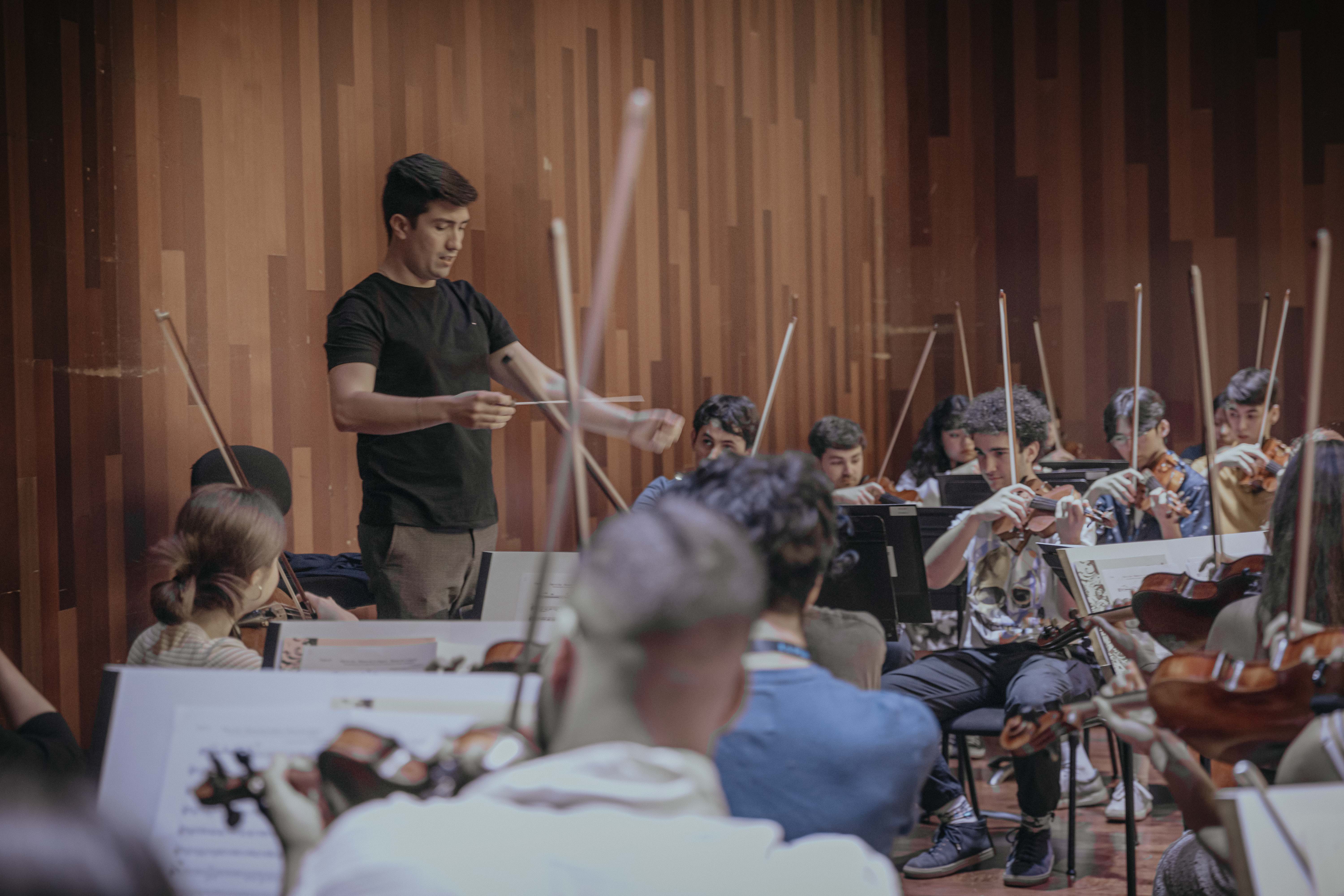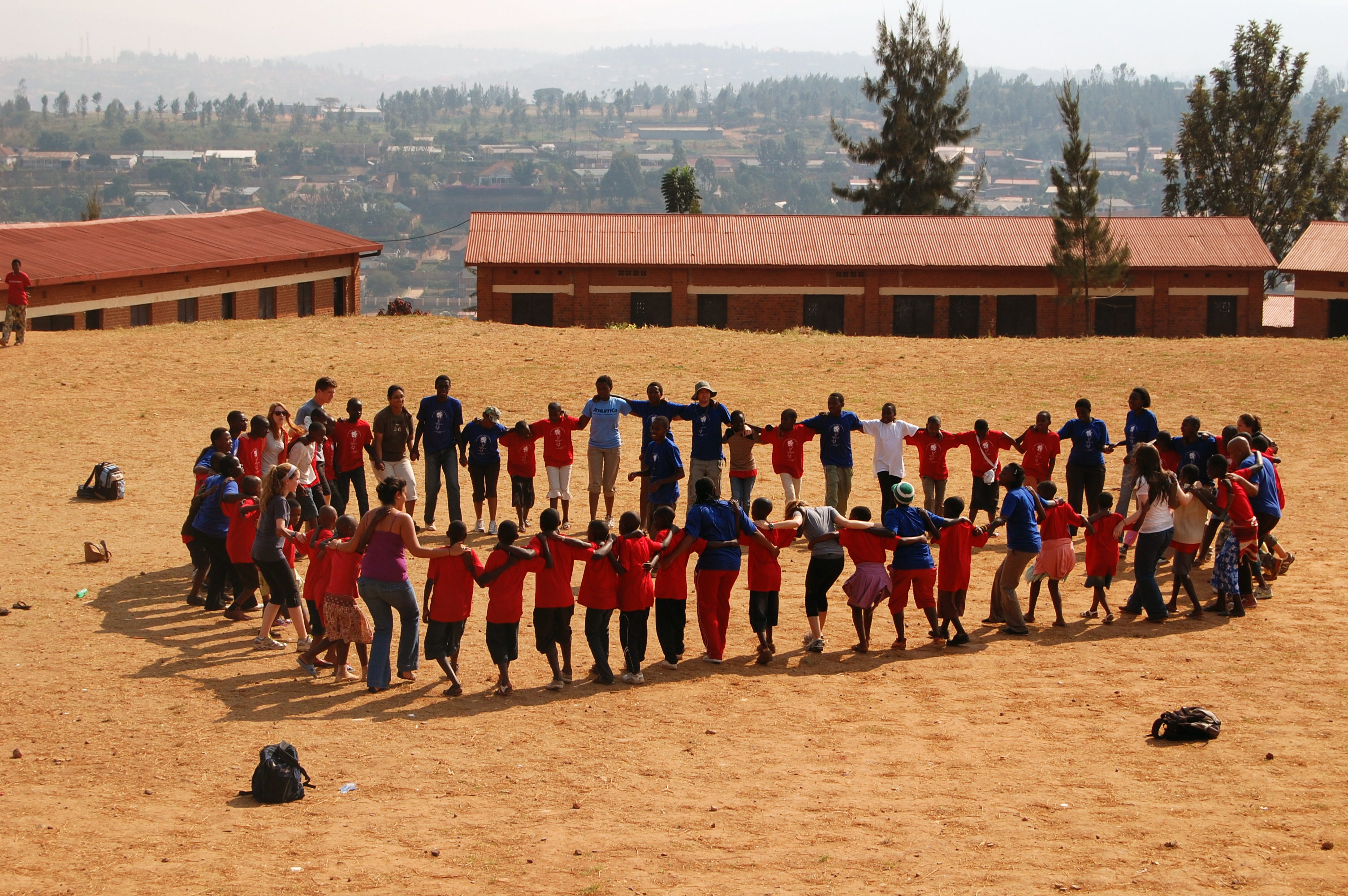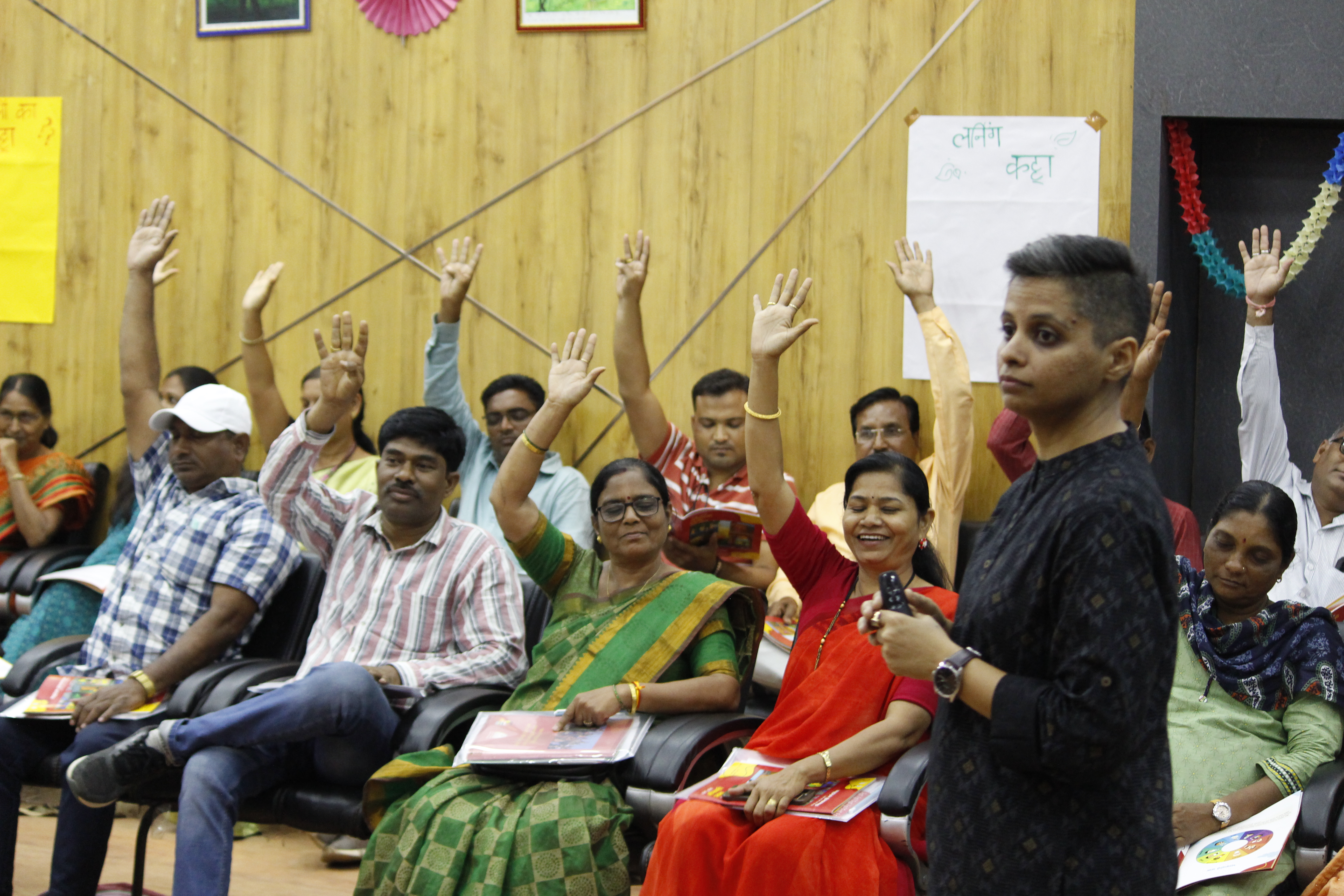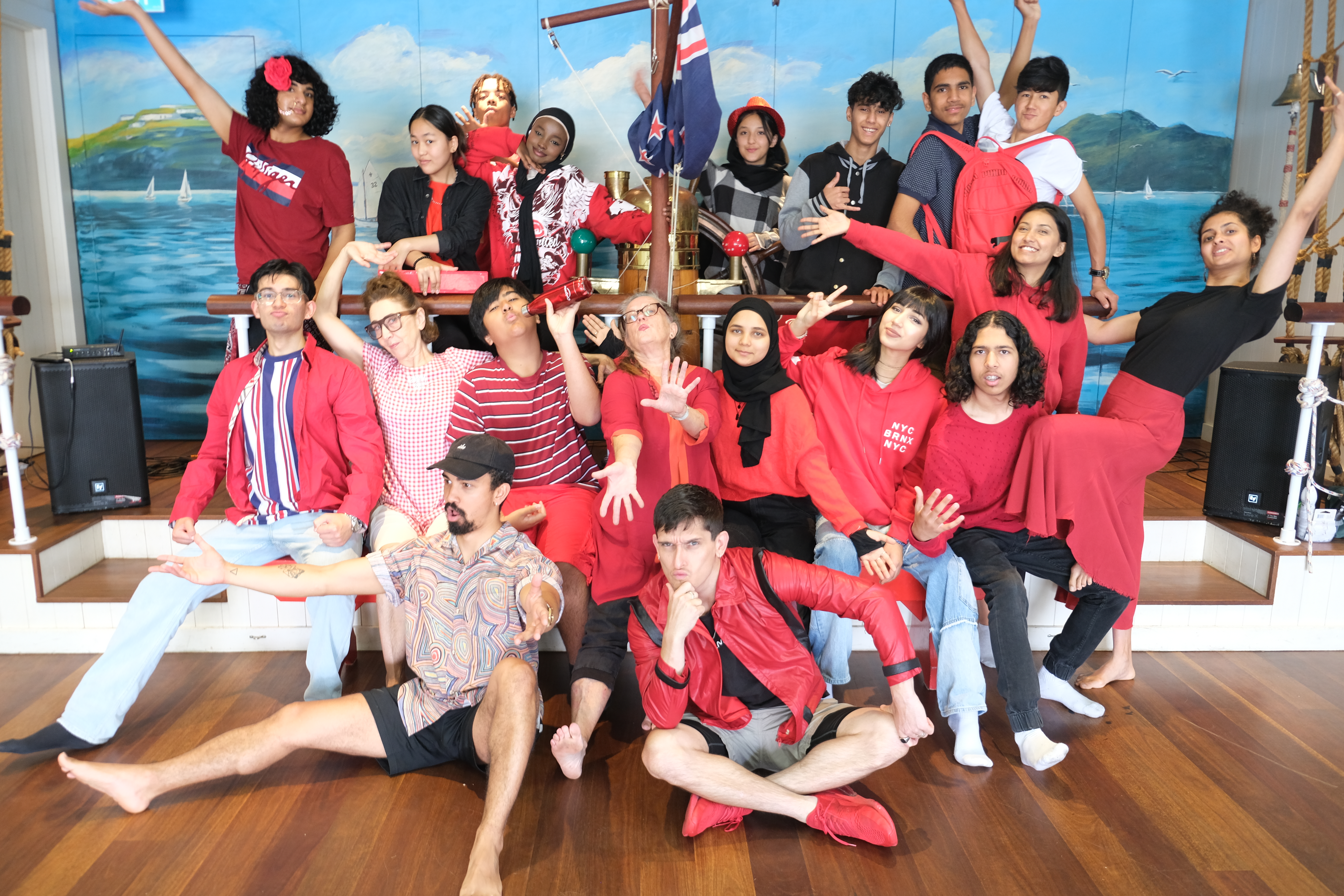
Editorial: Virtual Music-Making as a Tool for Diplomacy

Program Coordinator, Teach To Learn
As the world went into lockdown this year, most educational institutions throughout the world adapted to a new virtual learning environment. Musical classes and performances were no exception. But music is fundamentally a field that relies on subtle human interactions, bringing people physically together. The abrupt change has meant unfamiliar territory for many.
My experience is different, having been involved with virtual music learning exchanges on a global scale for two years before the pandemic. In fact, my experience has led me to understand virtual resources as an emerging international resource rather than a replacement of local resources.
With a mission to “build a global community based on the principle that knowledge is a currency which strengthens our common humanity,” Teach To Learn is an emerging nonprofit connecting musicians and educators across world regions through virtual education and cultural exchange programs. The idea came to longtime friends and conservatory classmates Robert Jordon and Derek Beckvold when they returned to the United States after years abroad teaching and performing music in the developing world. They wanted to find new ways to continue supporting the young musicians they had worked with in cities like Kabul, New Delhi, Khartoum, and Kathmandu. They began simply, connecting like-minded musicians to exchange ideas about music and share the aspects of their culture they love most. What began as a hodgepodge network of exceptional musicians has now grown into a versatile portfolio of online programs. To date, Teach To Learn—so named because we believe the processes of teaching and learning are entirely reciprocal—has impacted over 250 musicians across more than 20 countries.
We connect musicians virtually in four ways. The Mentorship Program lies at the heart of Teach To Learn, providing free online instruction to teenagers and young adults in challenging and remote world regions. The ten-month Fellowship Program empowers young musicians through peer-to-peer learning and project development. Twelve pairs of musicians from 14 countries have just completed their inaugural virtual residency, engaging in monthly virtual exchanges on musical development and social topics in the context of each fellow respectively.
Classroom Connect offers virtual education in schools around the Boston area, using live-streaming video to connect music scholars and performers from around the world to middle and high schoolers for an interactive (and COVID-proof!) learning experience. Global Music Seminars have provided online modules in Western subject areas to music students from around the world. Recent engagements have included Jazz History and Teacher Training modules at the Kathmandu Jazz Conservatory.
The common theme that underlies our programs is cultural diplomacy. From an international-relations perspective, I can confidently say that the wealth of interactions we have created through music have formed interconnectedness at the human level where politics may have failed. For example, Guitarists Hakam Zarari (Iraq) and Amitabha Palit (India) have been developing a children’s guitar book in English, Bengali, and Arabic. Engaging a local illustrator in India, they arranged local traditional tunes for the guitar and came to realize the similarities of Arabic and Indian music. Hakam cites an instance where the similarity was so stark that translation for a Bengali song wasn’t necessary in order to understand its content.
Guillem Torró Senent (Spain) has enjoyed arranging and collaborating on Afghan tunes for Qudrat Wasefi’s (ANIM, Afghanistan) band within AFCECO (Afghan Child Education and Care Organization, based in Kabul), which cares for orphaned children. Their exchanges have gone beyond the Afghanistan that Guillem used to see on television: now, there is a friendship.
Does this mean that online musical education will now replace in-person lessons? With the shift to online music learning, we cannot deny that uncertainty surrounds the survival of in-person music education. However, the concept of “replacement” is misleading.
I feel strongly that once the risk of physical contact is lessened and safety measures are relaxed, musical learning should go back to in-person settings at the local level. This is very natural, and rightly so! On the other hand, my experience working with remote music institutions in low-resource settings has proven that, at the international level, there is both a gap in and a demand for online learning. To cite just a few examples, this can occur when teachers for a particular instrument are not available locally; when a local institution is committed to offering high-quality, consistent teacher-training modules; or wherever middle- and high-school students can benefit from musical expertise from a different part of the world.
A conscious approach to online resources can support and speed up the process of learning in a sustainable manner, tapping the potential of local faculty and students. Having seen musicians around me develop creative ways to approach online teaching interactively, I am excited to see this new skill being transferred to the international realm. One teacher’s newly attained skills can now support the development of local talent in Kabul, while another’s expertise in traditional music can be introduced to a group of high schoolers in Boston!
In the context of international relations, these connections built through musical exchanges also contribute to cultural diplomacy. Until now, we as teaching artists have been primarily devoted to music education as an arena for social change at the local level, impacting individuals, families, and communities. Cultural diplomacy does the same, but on a global scale. At times of global disruption, the human connection we share through music will become the driving force behind listening and working with each other across distances, rather than turning our backs on each other.
It’s natural that music educators will want to go back to in-person teaching whenever they can—and they should. However, I hope you will also think about using the online skills you’ve acquired to build international music education. This is your chance to move into cultural diplomacy.
In a world that seems to become increasingly polarized, we are reminded of music as a powerful diplomatic tool. Where politics and economics may have failed, music reminds us of cultural abundance, diversity, unity, and the value of sharing. Across borders, currencies, stock markets, and wars, musical connection will continue to promote the value of dialogue and mutual understanding.
Related Content
Collaborations, Community Building, Europe, Events/Performances, Featured, Student Voice & Leadership, Teaching & Learning

International ‘Chords of Harmony’ Resound in Barcelona
longy-admin

Collaborations, Community Building, Europe, Featured, Kosovo, Student Voice & Leadership

Twenty-Five Years of Music for Peacebuilding: Musicians Without Borders
longy-admin

Asia, Collaborations, Community Building, Featured, India, Student Voice & Leadership, Teaching & Learning

Arts Educators in India Drop Old Habits, and Their Kids Flourish
longy-admin

Asia/Oceania, Community Building, Featured, New Zealand, Student Voice & Leadership

In Aotearoa New Zealand, Kaupapa Leads to Connection
longy-admin


